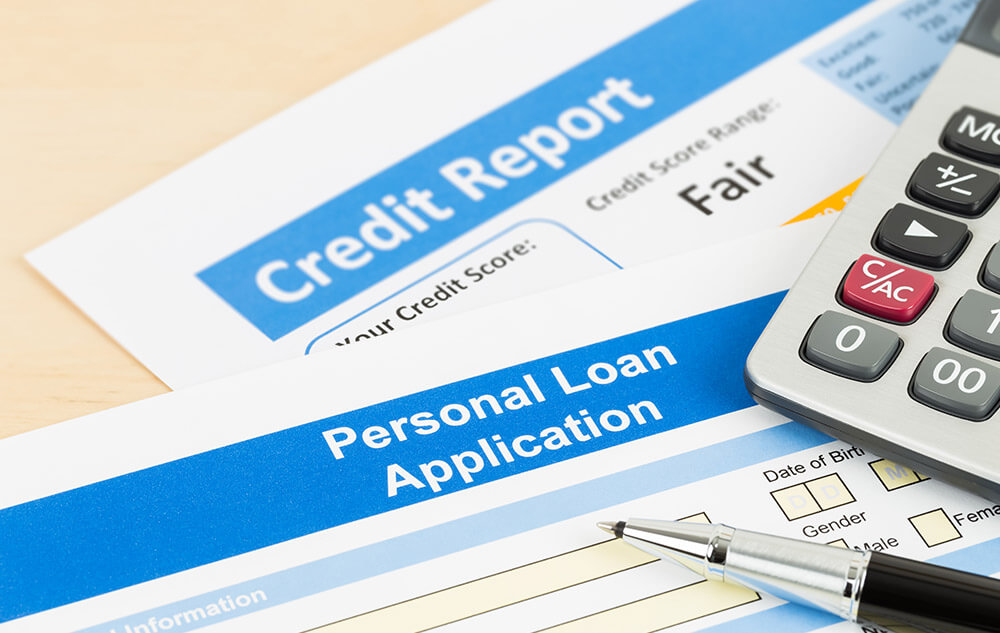So, what is a credit rating?
A credit rating helps lenders such as banks and credit unions determine your credit- worthiness - whether to lend you money and how much they will lend. It shows financial institutions how trustworthy your reputation is as a borrower, and how likely you are to pay them back.
You need a higher credit rating to gain access to more money & better interest rates, and so it impacts your access to better loan and credit card deals.
Credit scores usually range from 0 to 1200, see below for the credit score bands:
Why do credit ratings even matter?
Your credit rating directly impacts the amount of credit that a lender will allow you to borrow, as well as the interest rate that you will get on top of the loan. Credit ratings are important in determining if the loan is worth the risk for the lender. They also allow companies to make informed decisions about the likelihood of you as a customer repaying a loan or meeting a monthly payment.
Overdrawing money from your bank account, multiple credit applications, missing repayments or bills and even failing to meet your rent can negatively affect your credit rating.
You should check your credit score as often as you can, which will also help you to understand your financial obligations and opportunities. Aside from affecting your payments and affordances, incorrect credit listings can alert you to issues such as identity theft.
How can knowing your credit score can help you make better financial decisions?
Knowing what information credit providers have on you, can help you keep on top of managing your finances and your credit score.
As long as you are establishing good financial behaviours like making your repayments on time, having a credit card can increase your credit rating. However, if you have bad financial habits such as making
late repayments or maxing out your cards multiple times, your credit score could be negatively impacted.
Also, people usually don’t realise that if you’ve been shopping around and actively applying for credit cards from a few different lenders at one time, it gets recorded and your credit score can diminish.
Instead, if you’re aware of what your score is, you can compare credit cards online before applying and make a better decision about which credit card you should apply for.
How can you check your credit rating?
There are multiple services that offer a free credit check. You are entitled to one free credit check a year to stay on top of your numbers.
Check out the following websites to find your credit rating:
- Equifax Australia
- Illion
- Finder
- Experian
- Get Credit Score
You may need to check with more than one credit score provider to get a consistent and reliable measure of your credit rating. Your credit score may change from one period to another as your financial circumstances change.
At Professional Super, we know that being a young professional isn’t easy, so it’s important that you make the most of the benefits that come from super.
Contact our team to find out more about these benefits such as how to save on tax with the First Home Super Saver Scheme.





